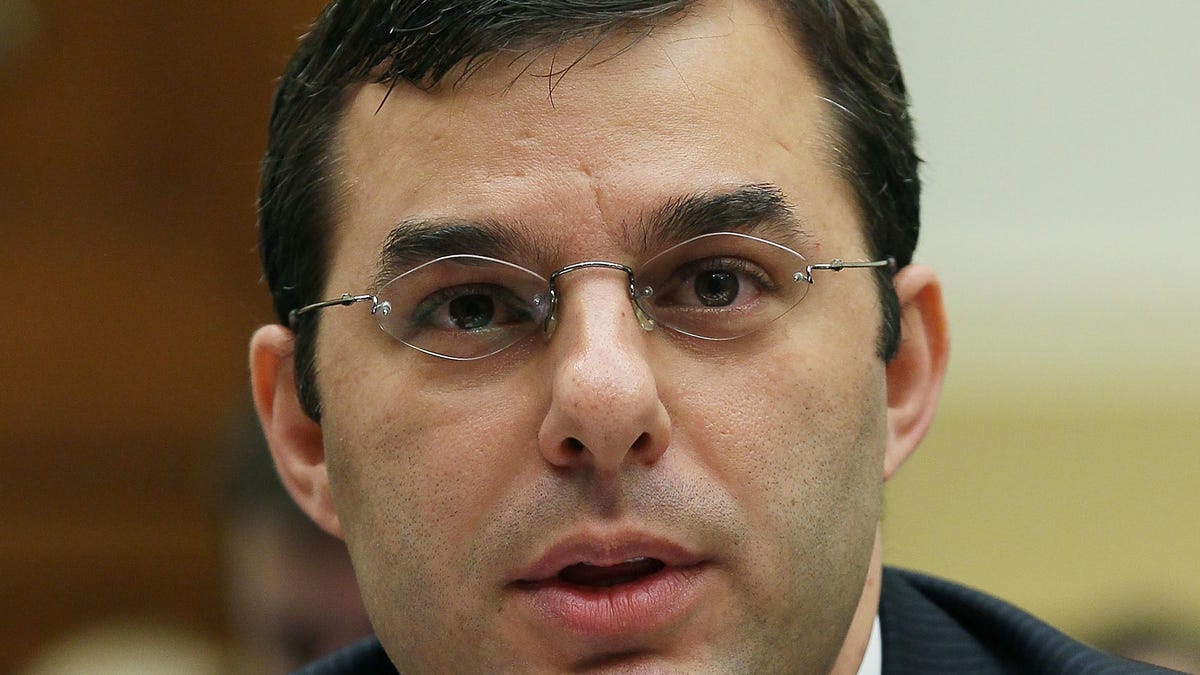House narrowly rejects bid to curb NSA domestic surveillance
Politicians fail to block National Security Agency's domestic surveillance program that vacuums up Americans' phone call metadata. But privacy advocates say they're encouraged.

In an indication that Edward Snowden's disclosures about broad government surveillances are having a political impact, the U.S. House of Representatives came within seven votes on Wednesday of curbing a program that vacuums up the logs of all Americans' phone calls.
An amendment that would have ended the National Security Agency's use of the Patriot Act to conduct mass surveillance of Americans' phone call metadata failed by a vote of 205 to 217.
"When you have the chance to stand up for Americans' privacy, did you?" Rep. Justin Amash, a libertarian-leaning Michigan Republican who introduced the amendment, asked during the House floor debate.
Even though Amash's proposed amendment to a spending bill failed, it nevertheless represented a sea change in how Washington officialdom views the NSA's warrantless surveillance programs. As recently as last year, far more modest proposals were rejected, and hundreds of Democrats backed today's reform measure despite strong opposition from the White House.
"Just imagine what the vote looks like with time for a real grassroots effort on a full bill," Amie Stepanovich, director of the Electronic Privacy Information Center's domestic surveillance project, wrote on Twitter afterward.
Amash's amendment would not have repealed Section 215 of the Patriot Act, which a classified secret court order leaked by Snowden revealed has been used to collect millions of phone records from Verizon. AT&T and Sprint are reportedly turning over records too.
Instead, it would have permitted Patriot Act Section 215 surveillance only in cases where the secretive Foreign Intelligence Surveillance Court decides that individual business records are relevant to a specific investigation.
Opponents warned -- without providing details -- that if Amash's amendment were to succeed, the nation would be at greater risk of terrorist attacks. And a collection of Bush administration intelligence officials sent a letter (PDF) saying: "Denying the NSA such access to data will leave the nation at risk."
"Passing this amendment takes us back to September 10th," said Mike Rogers, a Michigan Republican and chairman of the House Intelligence committee. "Let us get back to the big politics of protecting America."

